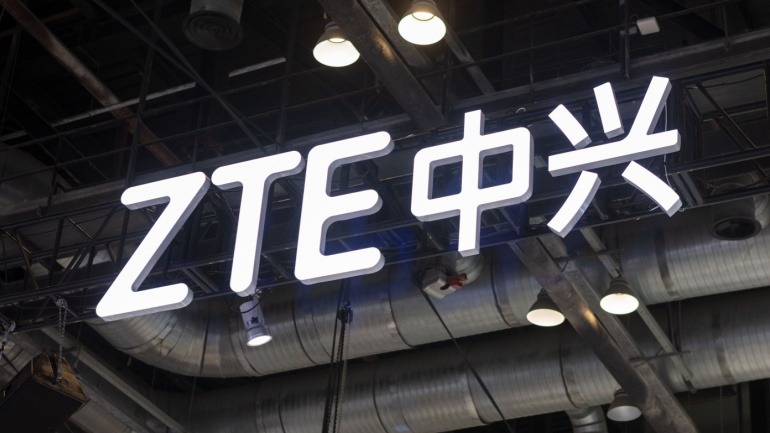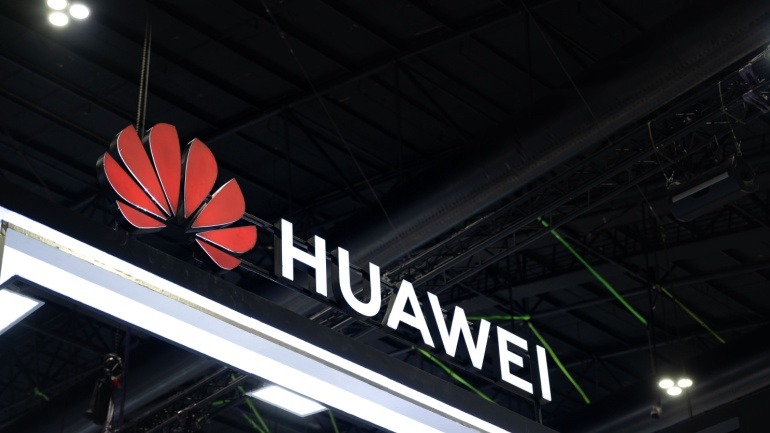In a bold move delineating South Korea’s ambition to hold a prime spot in the world’s semiconductor industry, President Yoon Suk Yeol recently declared an investment of 9.4 trillion won ($6.94 billion) in artificial intelligence (AI) by 2027. Concurrently, an additional 1.4 trillion won ($1.01 billion) will be channeled to back domestic AI semiconductor firms.
Yoon emphasized the critical nature of semiconductor competition in the current landscape during his speech, likening it to a feverish industrial war and a full throttle confrontation between nations. His vision is to elevate the nation to a global top three position in AI technology and to secure over 10% of the global market for system semiconductors by the dawn of 2030.
Without a shadow of a doubt, semiconductors form a significant segment of South Korea’s economy. The sector achieved a remarkable milestone in March, with chip exports pulling in their highest revenue in 21 months, recording a whopping $11.7 billion, representing nearly one-fifth of all total exports.
However, amidst significant global competition, South Korea faces a pressing challenge to remain on par with dominant players, namely the US, China, and Japan. These nations have been actively bolstering their semiconductor firms with substantial incentives, aiming to augment domestic production and hence minimize dependence on the volatile global market. Such actions were evidenced recently, with the US government announcing a preliminary agreement of $6.6 billion to aid Taiwan Semiconductor Manufacturing Co (TSMC) in instating new chip production fabs in Arizona.
Looking at the private sector, South Korea’s largest telco, South Korea Telecom (SKT), is not far behind in sharing the aspiration of becoming a global frontrunner in AI. SKT has shown undeniable commitment, with substantial investments in a raft of AI firms, including Anthropic and Persona AI. Moreover, SKT is engaging global telcos, proving their determination to further advance in AI. Collaborating with international telco giants such as e&, Deutsche Telecom, and Singtel, SKT is part of the Global Telco AI Alliance, which fosters collective AI expertise to co-develop innovative products for telco clientele.
In conclusion, President Yoon Suk Yeol’s announcement reinforces South Korea’s multifaceted approach in maintaining its global standing in semiconductors. This strategic move to invest significantly in AI and the private sector’s commitment to champion AI initiatives will potentially place South Korea among the top contenders in the field.







